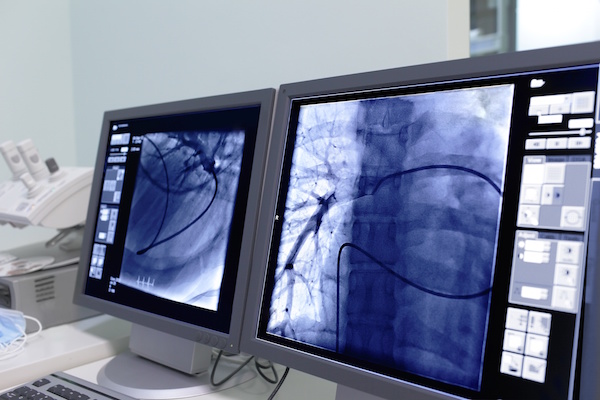MONDAY, Jan. 23, 2017 (HealthDay News) — Breast cancer can take a heavy toll on the partners of patients, too, a new study finds.
The stress of managing breast cancer care provokes symptoms of anxiety in more than 42 percent of partners and caregivers. And this stress-induced anxiety can last years after their loved one’s illness, researchers found.
Those who coped poorly with the bad news fared even worse, according to the study.
Partners were more than twice as likely to report anxiety if they became emotionally withdrawn, went into denial about the situation, turned to drink, started blaming others for their problems or grew agitated and aggressive, said lead researcher Nancy Borstelmann.
“Caregivers’ mental health and how they cope needs attention,” Borstelmann said. “This not only has implications for their own well-being, but also survivors’ health and quality of life.”
Borstelmann is director of social work at the Dana-Farber Cancer Institute in Boston.
It’s well-known that providing care to a cancer patient is complex and stressful, but Borstelmann said there’s been limited research addressing the partners of younger adults with cancer.
To investigate, Borstelmann and her colleagues surveyed 289 partners of patients diagnosed with breast cancer at age 40 or younger.
Of those partners, 284 were male, and three out of four were parenting children at the time of the diagnosis.
Partners who already faced stress from financial concerns, insufficient social support and the demands of being a parent were more likely to suffer anxiety from a breast cancer diagnosis, Borstelmann said.
But the two factors most strongly associated with stress were poor coping skills and lack of a college education, Borstelmann said.
Less education could be a sign of other problems in a person’s life, including a lower income level or a lack of understanding about how the health care system works, she said.
“Sometimes individuals with lower levels of education may be a little more hesitant to speak up” and ask for badly needed help, Borstelmann said.
The study results show that health care professionals need to do a better job reaching out to partners early on and identifying potential problems, she said.
“The best work we can do is to try to intervene earlier and identify what are their concerns, what are their needs and make sure they have adequate support,” Borstelmann said.
Support groups, social workers, other partners of breast cancer survivors, and a host of other types of help are available to partners. But they might not learn of them if the patient’s health care team never realizes the partner is struggling, Borstelmann said.
Dr. Merry Jennifer Markham, a member of the American Society for Clinical Oncology, agreed.
“The reality is when a loved one is diagnosed with cancer, the caregiving partners often set aside their own health and well-being to focus on their loved ones,” said Markham.
“We need to better understand the specific issues facing caregivers in order to address their anxiety more effectively and find ways to help them cope,” added Markham, an associate professor of medicine at the University of Florida. “When partners of cancer patients take care of themselves, it really does benefit everyone.”
There’s also much that can be done to help young parents, Borstelmann said.
“We want to help you talk with your children about what’s going on in your family,” she said.
For example, social workers can prepare parents for the kinds of questions children are likely to ask, so family conversations about the illness will go more smoothly, Borstelmann said.
The new study will be presented Saturday at a meeting of the American Society for Clinical Oncology in San Diego. Study findings presented at meetings are usually considered preliminary until published in a peer-reviewed medical journal.
More information
For more on cancer’s effect on families, visit the American Cancer Society.
Copyright © 2026 HealthDay. All rights reserved.

